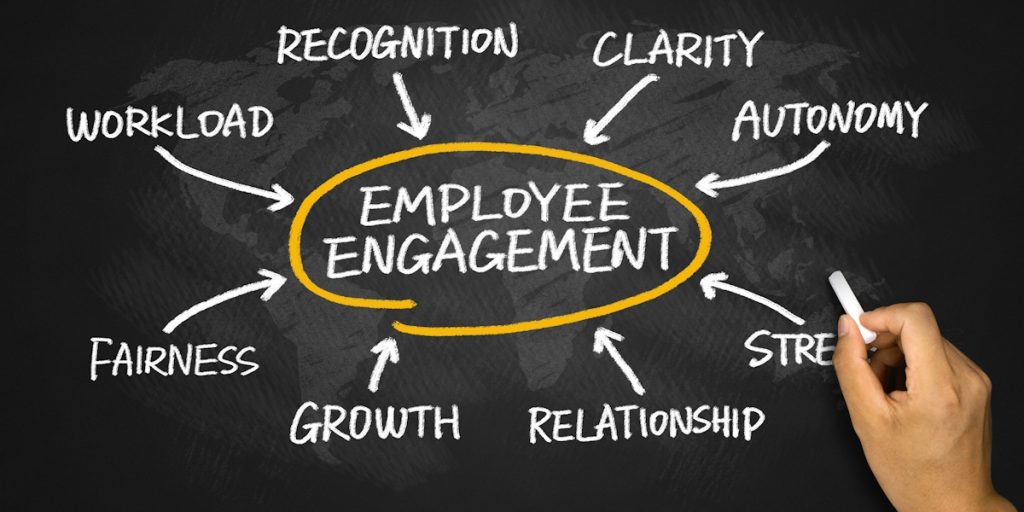In the modern workplace, the importance of effective employee rewards cannot be overstated. These rewards play a crucial role in fostering resource satisfaction and creating a positive and thriving work environment. By implementing a well-structured system to give rewards, companies can boost employee confidence, and morale ultimately driving performance.
Understanding Effective Employee Rewards
Effective rewards are designed to recognize and appreciate the contributions of employees, thus reinforcing a culture of appreciation. In addition, these rewards go beyond mere financial incentives, focusing on creating a holistic approach that addresses the diverse needs of employees.
The Role of Employee Recognition
Employee recognition is a cornerstone of effective reward systems. Recognizing employees’ efforts not only boosts their confidence but also reinforces their value to the organization. When employees feel recognized, they are more likely to remain motivated and committed to their roles, enhancing overall performance.
Building an Appreciation Culture
Cultivating an appreciation culture is essential for long-term success. In such an environment, employees feel valued and respected, leading to higher levels of engagement. Regular appreciation, whether through verbal acknowledgments or formal awards, helps to strengthen the bond between employees and the organization, promoting a supportive atmosphere.
Employee Incentives and Their Impact
Employee incentives, ranging from bonuses to additional time off, can significantly influence motivation and productivity. You should tailor these incentives to individual preferences and align them with organizational goals.When employees see a clear connection between their efforts and rewards, they are more likely to put forth their best work.
Designing Reward Systems for Success
Effective reward systems are thoughtfully designed to align with company values and objectives. Moreover, these systems should incorporate a mix of financial and non-financial rewards to cater to diverse employee needs. Furthermore, by regularly reviewing and updating incentivization systems, companies can ensure they remain relevant and effective in motivating employees.
Enhancing Employee Satisfaction
How you implement rewarding systems closely ties to the satisfaction of your employees. Consequently, satisfied employees are more likely to contribute positively to the workplace, leading to a ripple effect of improved morale and performance. Therefore, by prioritizing employee satisfaction through meaningful rewards, companies can reduce turnover and foster loyalty.
Creating a Positive Work Environment
A positive work environment is one where employees feel motivated, valued, and empowered. Rewards contribute significantly to this atmosphere by promoting open communication, collaboration, and mutual respect. This environment not only attracts top talent but also retains existing employees, creating a stable and productive workforce.
Boosting Employee Morale
Employee morale is a critical factor in overall organizational success. High morale leads to increased productivity, creativity, and collaboration. Performance rewards, such as recognition programs or career development opportunities, can significantly boost morale, encouraging employees to strive for excellence.
Conclusion
In conclusion, effective employee rewards are essential for building a thriving workplace. By focusing on the recognition of employees, fostering an appreciation environment, and implementing strategic reward systems, companies can enhance resource satisfaction and create a positive work environment. The impact of these rewards extends beyond individual motivation, contributing to a culture of success and collaboration. As organizations continue to evolve, prioritizing effective rewards will remain a key driver of morale and the overall performance of employees.
Would You Like a Free Consultation to Discover Effective Employee Rewards?




